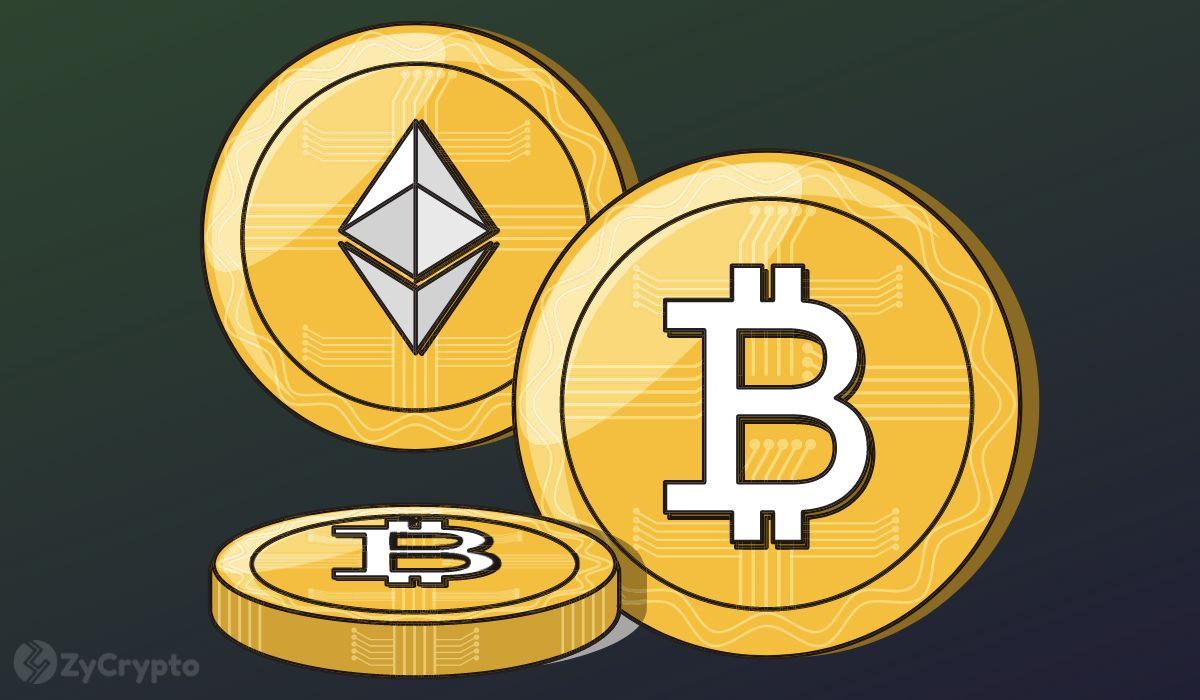The long-standing cry among shoppers has been, "Eliminate the middle man." In the world of mortgage sales, the "middle man" is the mortgage broker, one of the two main ways mortgages are sold to consumers. The other method, employed by mortgage lenders, is to sell direct. Which lending source is right for you?
Mortgage brokers: Liking the middleman
A mortgage broker works with a variety of different lenders to help match borrowers with the best loan for their purposes. Because they don't sell their own products, brokers are free to carry a variety of different loan programs. This can be helpful for subprime borrowers who don't qualify for conventional loans.
A broker may also be more skilled at crafting a loan application in much more favorable ways to lenders. And because the broker has access to a variety of rates, he can, in theory, help you find the best one, making his upfront origination fee pay-off over the long haul.
Brokers are paid an origination fee for selling the mortgages they arrange through actual lenders. So you may think that a mortgage arranged through a broker will be more expensive than one arranged through the same lender directly. However, because brokers arrange a great deal of business for the lenders they work with, they can obtain mortgages at wholesale rates, which allows them to offer loans at rates that are competitive with those directly from the lenders themselves and still make a profit.
Mortgage bankers: Banking on the direct route
Mortgage bankers deal directly with the consumer in originating loan. They use their own money for the loans that they offer, they set their own guidelines for who they will lend to and they determine their own interest rates and fees.
Once they close on a loan, most mortgage bankers will sell that loan to investors, along with the mortgage servicing rights. This gives them a fresh infusion of cash to originate more mortgages, so they can earn their money off the origination fees rather than off the interest generated by the loan itself. Usually, these loans are sold to an entity such as Fannie Mae, Freddie Mac or the FHA, which then bundles the loans for sale to investors. In other cases, they may keep them on their own books to generate earnings off the interest paid.
Using a mortgage banker might save you some money on fees, as well as get you a faster approval, but you may find that their loan options may be limited, since they can only offer you their own products. This could be a problem if you don't qualify for any of their mortgage programs.
If you choose a mortgage banker, make sure that you shop around for various rates. Some do such tremendous business that they're able to offer lower rates and eliminate the need for that extra broker fee.
How can you tell?
From just looking at their advertising or web site, it can be difficult to tell if you're dealing with a mortgage broker or banker. If the company advertises itself as a "Direct Mortgage Lender," it's going to be a company that issues its own mortgages. If it lists mortgage rates and fees for several different companies, it's a broker.
A company that deals only in mortgages and doesn't offer other financial products is also likely to be a broker. Brokers also tend to be smaller operations, while direct lenders may be larger banks. A bank or credit union is likely to be a an actual lender, although in some cases they may broker loans as well - in fact, some institutions may offer both their own loans and broker mortgages for other lenders.
The key thing, however, is that it really doesn't matter if you go through a direct lender or a broker as long as you get the best rate and terms that are available to you, given your credit, finances and the size of the loan you are seeking. Either type may turn out to be the best for your situation.
Don't depend on a coin flip to decide between the two. Instead, try shopping both options. When you compare the offers, you should have a clear-cut choice over which loan program you'll elect to receive. Instead of flipping a coin, you'll save plenty of coins in the process.





